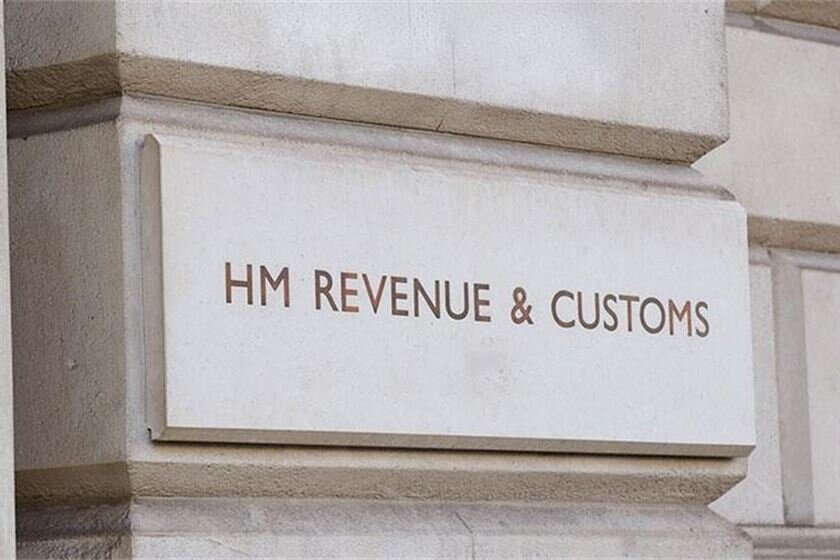Triple lock promise hides tax sting
State pensioners are being warned that an invisible “stealth tax” could quietly erode their incomes despite the Government’s triple lock pledge.
The triple lock, a commitment by the Department for Work and Pensions (DWP) to raise state pensions annually by the highest of inflation, wage growth, or 2.5% guarantees payments will keep climbing. But with the personal allowance frozen at £12,570, more pensioners are set to be caught in the tax net.
Pensions almost level with allowance
Nigel Green, chief executive of deVere Group, said the state pension is now “almost level” with the income tax threshold.
“If nothing changes, the state pension will overtake the personal allowance entirely within a few years,” he warned. “That would make every pound of additional income taxable for millions.”
Green argued that freezing the allowance amounts to an “invisible tax rise” that “punishes those who planned responsibly and undermines confidence in retirement planning.”
Why experts call it a “stealth tax”
Unlike headline-grabbing tax hikes, frozen thresholds raise revenues without official rate increases. For retirees with fixed incomes, this means gradual but unavoidable tax creep.
“It lifts revenue without headlines, but it falls hardest on those with fixed incomes the very group the triple lock was supposed to protect,” Green said.
He urged ministers to either raise the personal allowance in line with the state pension or review the triple lock to prevent retirees from being penalised.
What it means for retirees
From next year, pensioners with even modest extra income such as private pensions or savings could find themselves paying tax on amounts previously untouched.
Green cautioned: “What should be a welcome boost risks becoming a net loss. This is not a distant concern. It begins next year.”
His advice to pensioners: “Review finances before the new tax year. Use ISA allowances and time pension withdrawals carefully. Waiting for a tax bill is too late.”
Other experts urge careful planning
Kevin Mountford, co-founder of Raisin UK, said awareness is key: “The triple lock remains an important safeguard, but it is essential for people to plan ahead, be aware of how tax thresholds affect them, and look at ways to make their money work harder.”
He suggested securing competitive savings rates, making the most of ISAs, and monitoring day-to-day expenses as practical ways to offset the squeeze.
Growing pressure on the Government
With inflation still high and debt costs rising, the Treasury has frozen income tax thresholds until 2028. This fiscal drag is expected to pull millions more people into paying tax including many older Britons who rely heavily on the state pension.
Critics argue that the policy risks undermining trust in the triple lock, turning an intended safeguard against inflation into a source of additional taxation.
Final Summary
Frozen tax thresholds threaten pension incomes.
Frozen tax thresholds risk turning the triple lock into a trap. With the state pension now brushing up against the personal allowance, retirees could see annual rises cancelled out by higher tax bills. Experts call it a stealth tax that punishes those on fixed incomes, urging pensioners to plan ahead with ISAs, savings, and careful withdrawals. Without reform, millions more older people will be drawn into the tax net as soon as next year.
For those looking to better understand and manage their tax position, tools like Pie can help simplify planning, offering pensioners and savers clear insights into allowances, thresholds, and strategies to keep more of their income.











